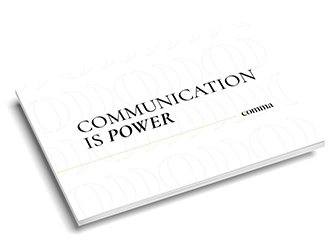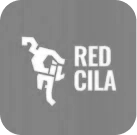When faced with difficult situations, we say ‘chin up.’ When faced with a bad spokesperson, we need a dosage of good communication. Not everything that shines in the media is made of gold. It is often the case that the messages are clear but not easy to convey. For reasons unclear, spokespeople of companies, which have a communications agency, often have not developed their communications skills. This is the challenge for the spokesperson and the difficult part of journalists’ jobs.
Media training, of the kind we have already talked about on this blog, helps spokespeople prepare for all media appearances. But a single day of training is not enough. The agency ought to develop, prepare and practice with their clients in order to achieve the desired objectives.
When creating a communications strategy for a client, a list of spokespeople should be drawn up. It is obvious that not all managers are eligible to be media spokespeople whether that is because of legal or corporate reasons. Once this list is ready, the chosen spokespeople’s communication skills ought to be developed to the maximum with the aim of successfully conveying the company’s key messages. This is not always easy when you find yourself dealing with a charismatic but low-profile spokesperson. Sometimes, consultants are able to develop this type of spokesperson’s talent and make them a successful part of the communications strategy.
Before an interview or a meeting with the media, the following documents are vital in order to adequately prepare the representative of the company, clearly define the strategy and achieve the desired impact:
- Topics: this document should include a series of titles, which we want to generate and the messages to reinforce the titles. A very simple and clear document in order to guide the conversation.
- Q&A: this document should include a list of possible questions, as much about the firm as the sector and competition, with answers that are in line with the communications strategy
- Key corporate messages: this document should include the key values that define a company: its philosophy, values and achievements that make it stand out from the competition. The objective is to repeat them throughout the interview as if they were a leitmotiv
- Tone and Approach: each media outlet is different. Depending on the type of media, the language ought to be more technical, serious, formal, informal, didactic or personal
- Relevant news: to figure out what might be of interest to a journalist, It’s worth getting to know what kind of articles he or she has previously written about your brand and your sector






